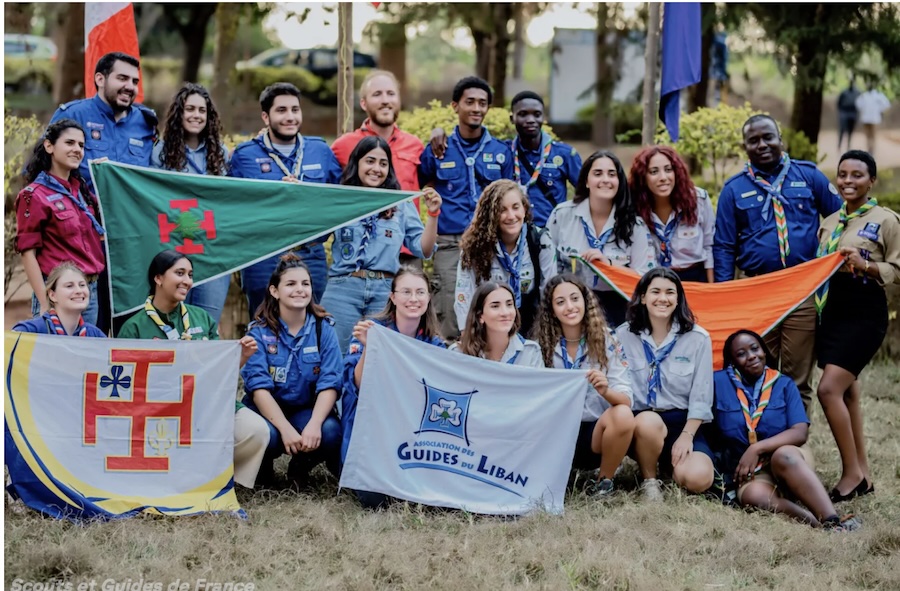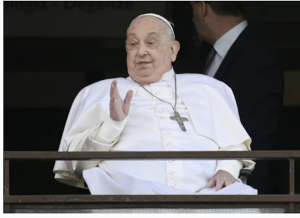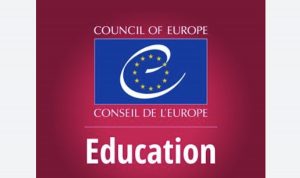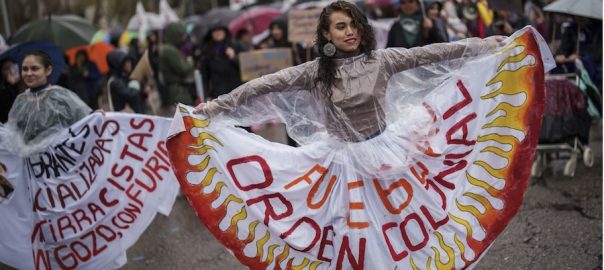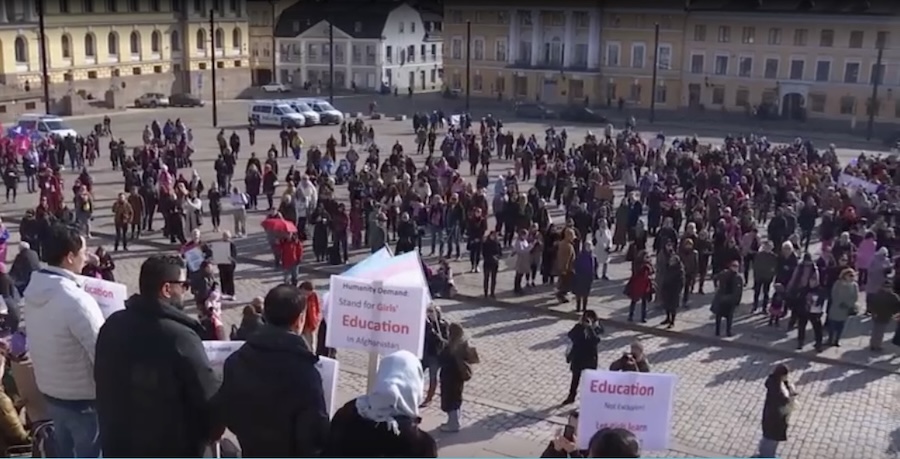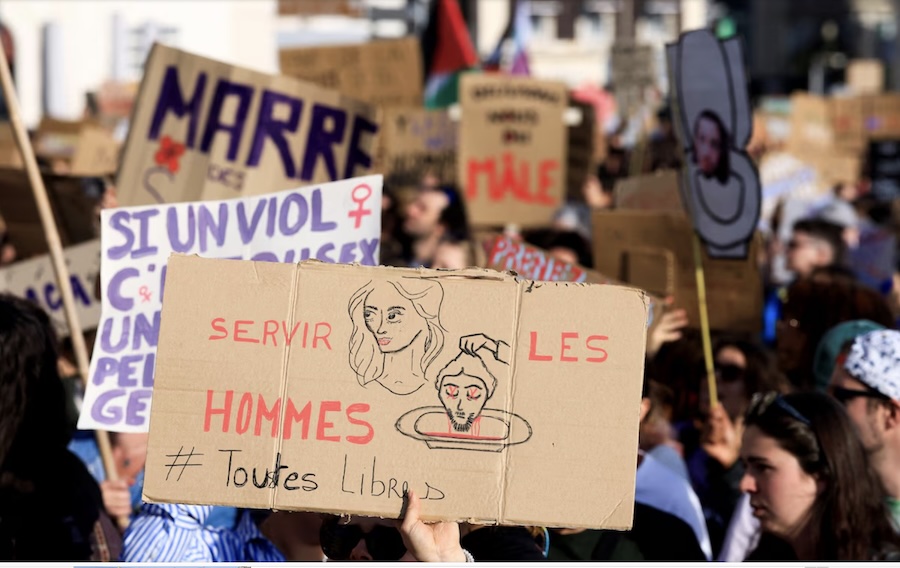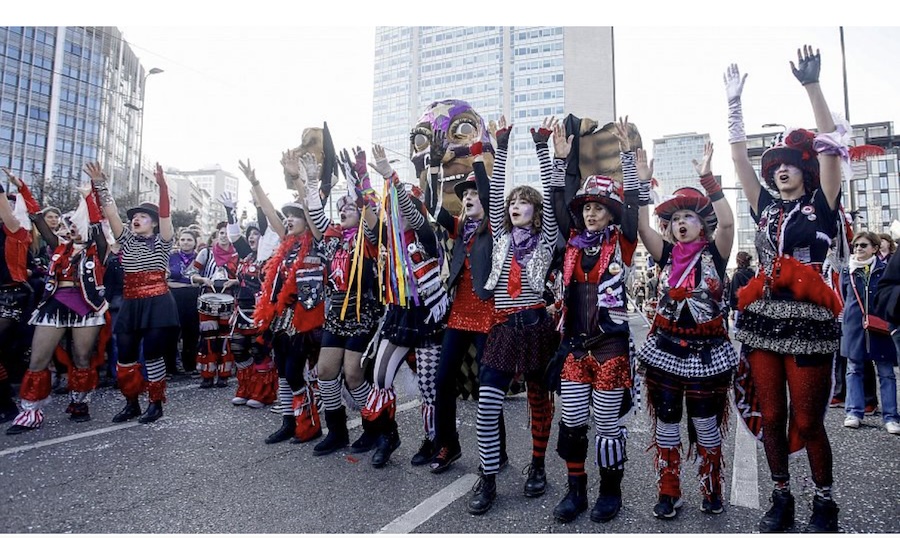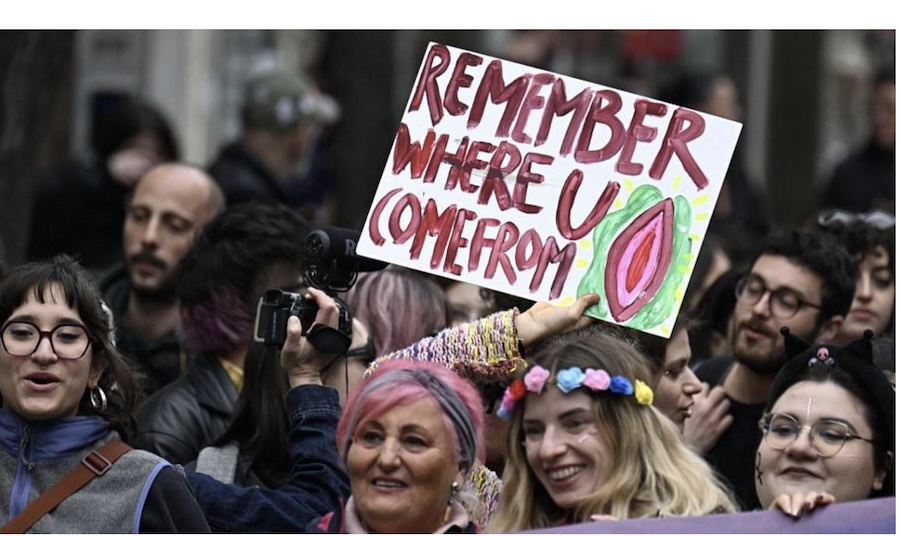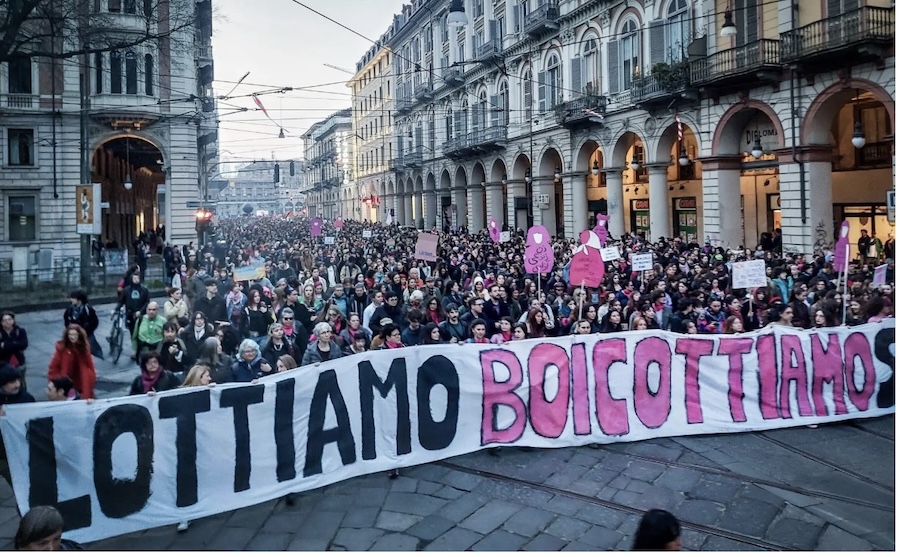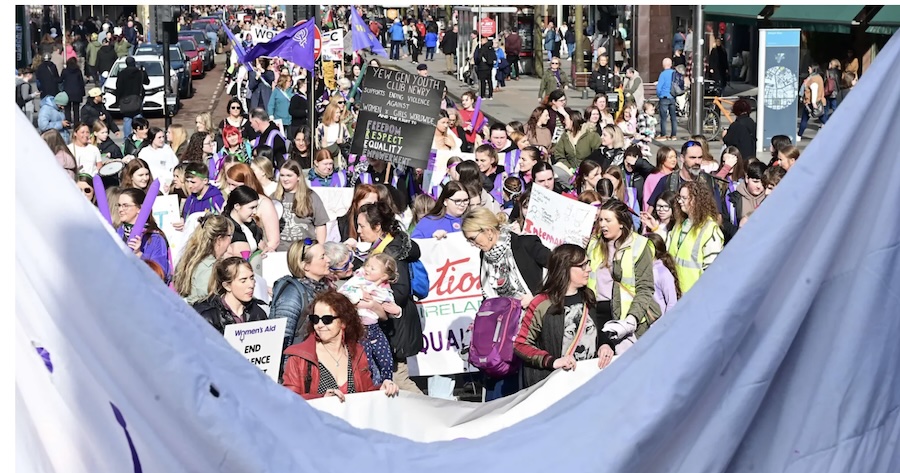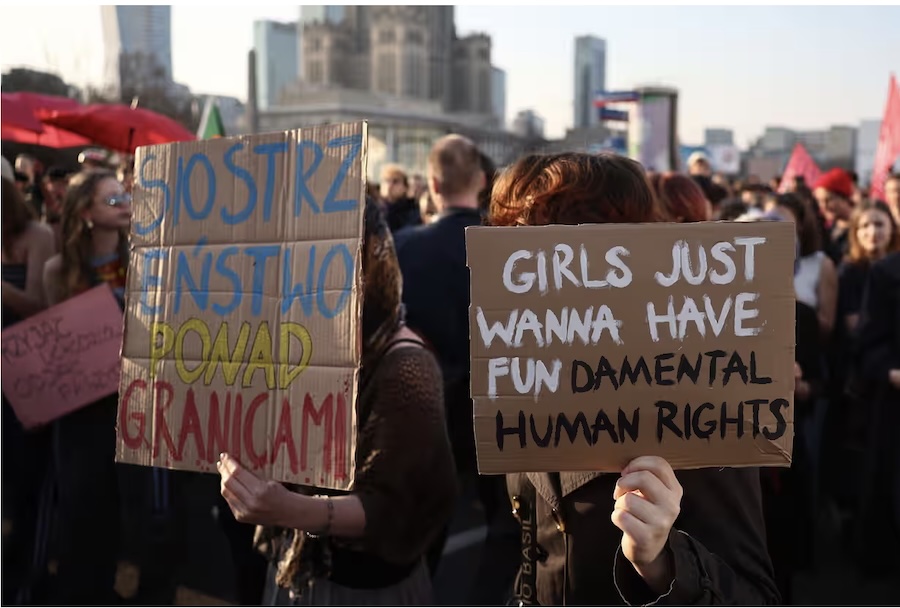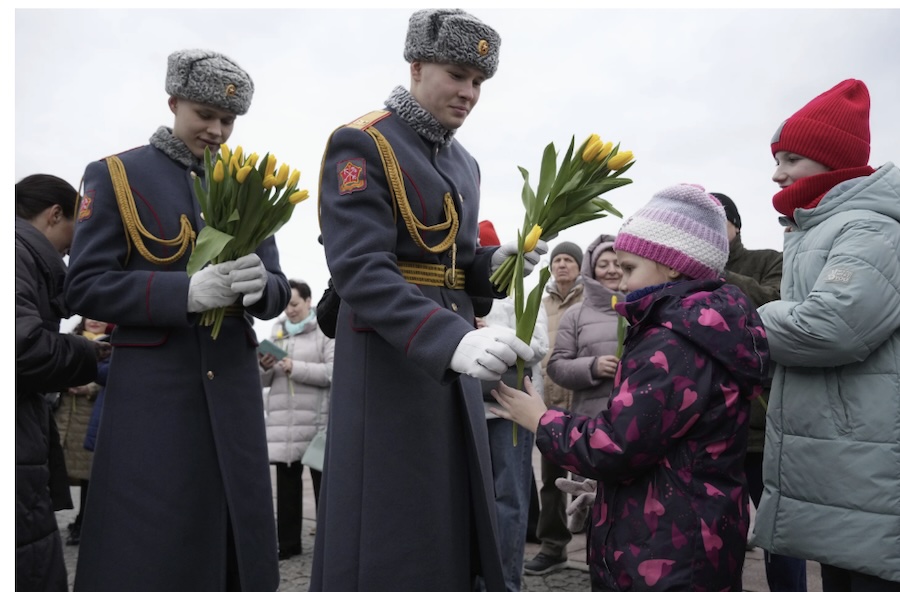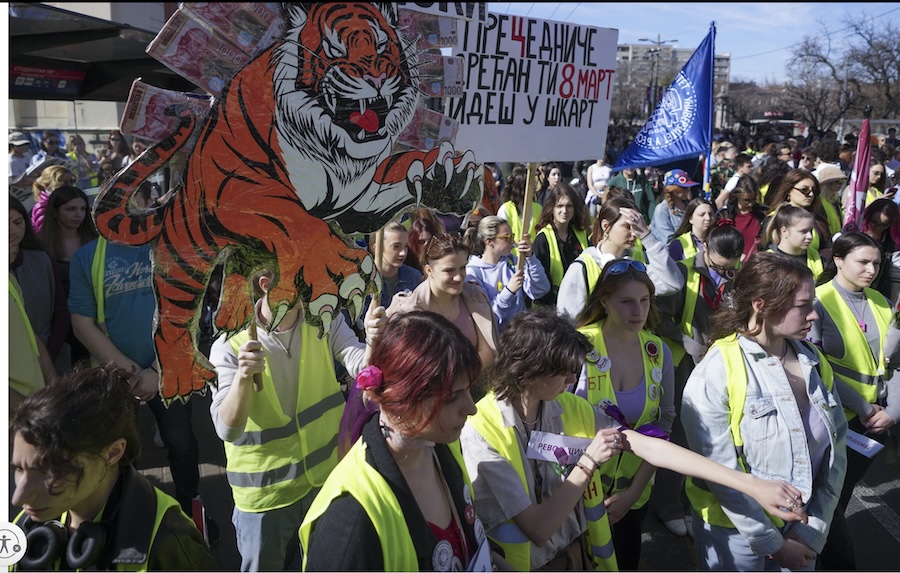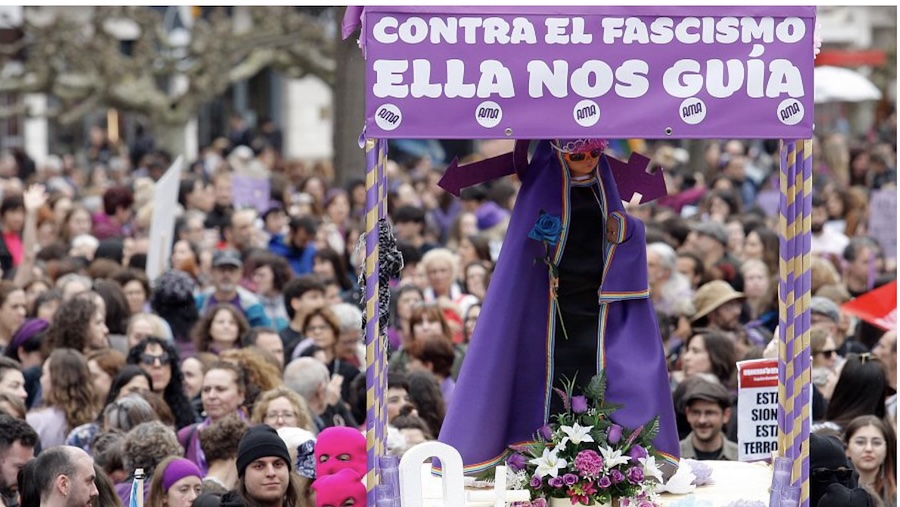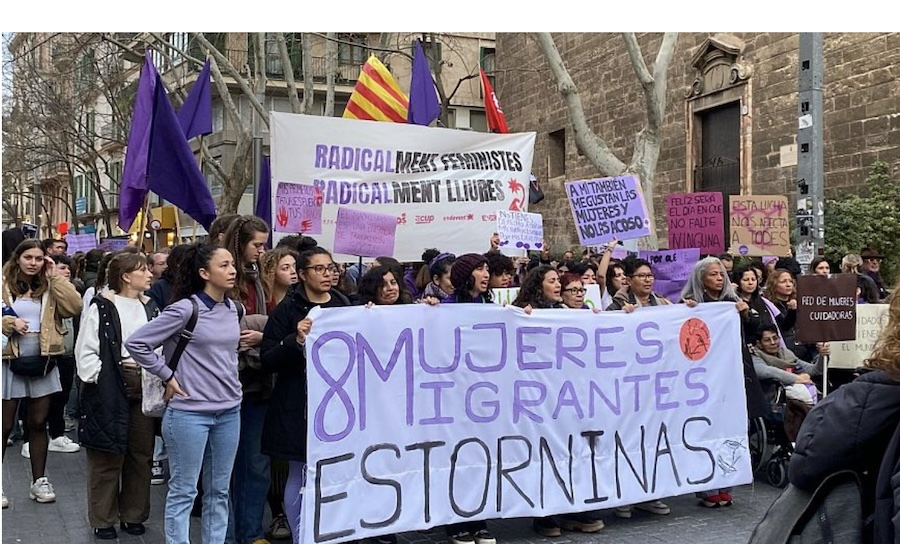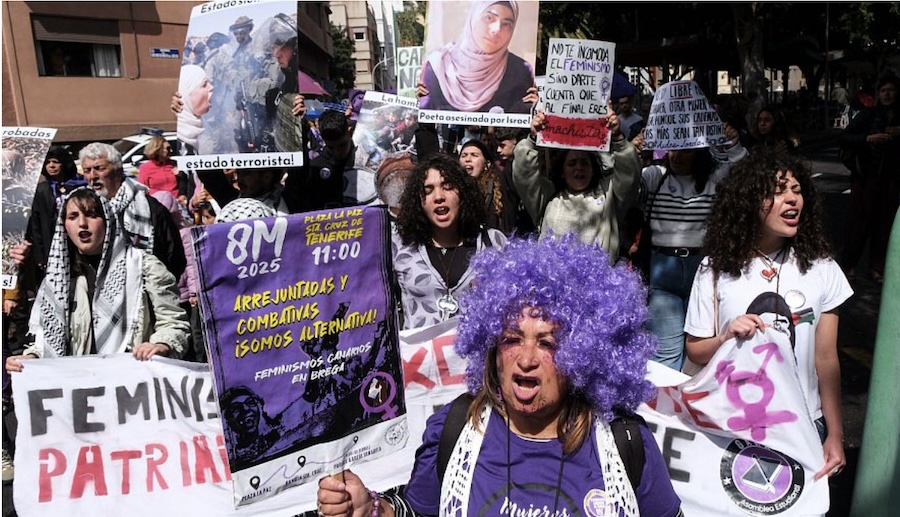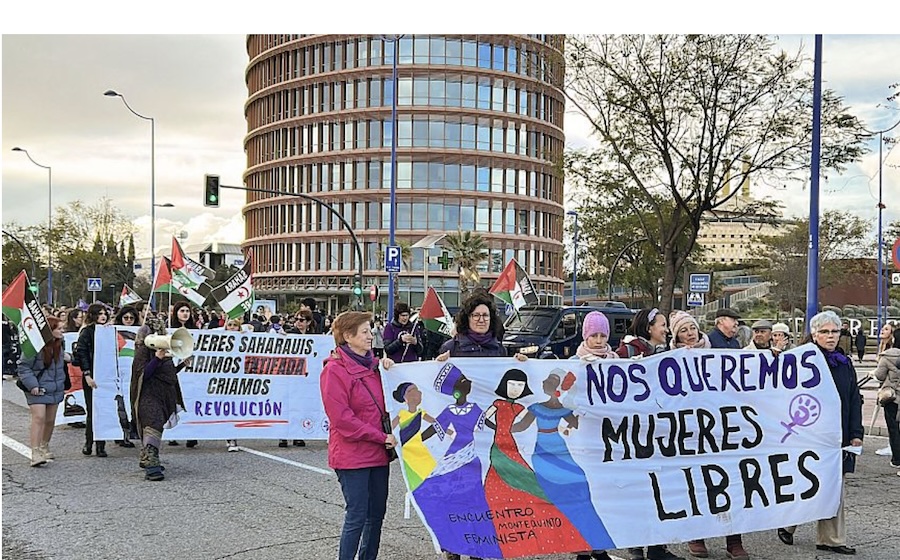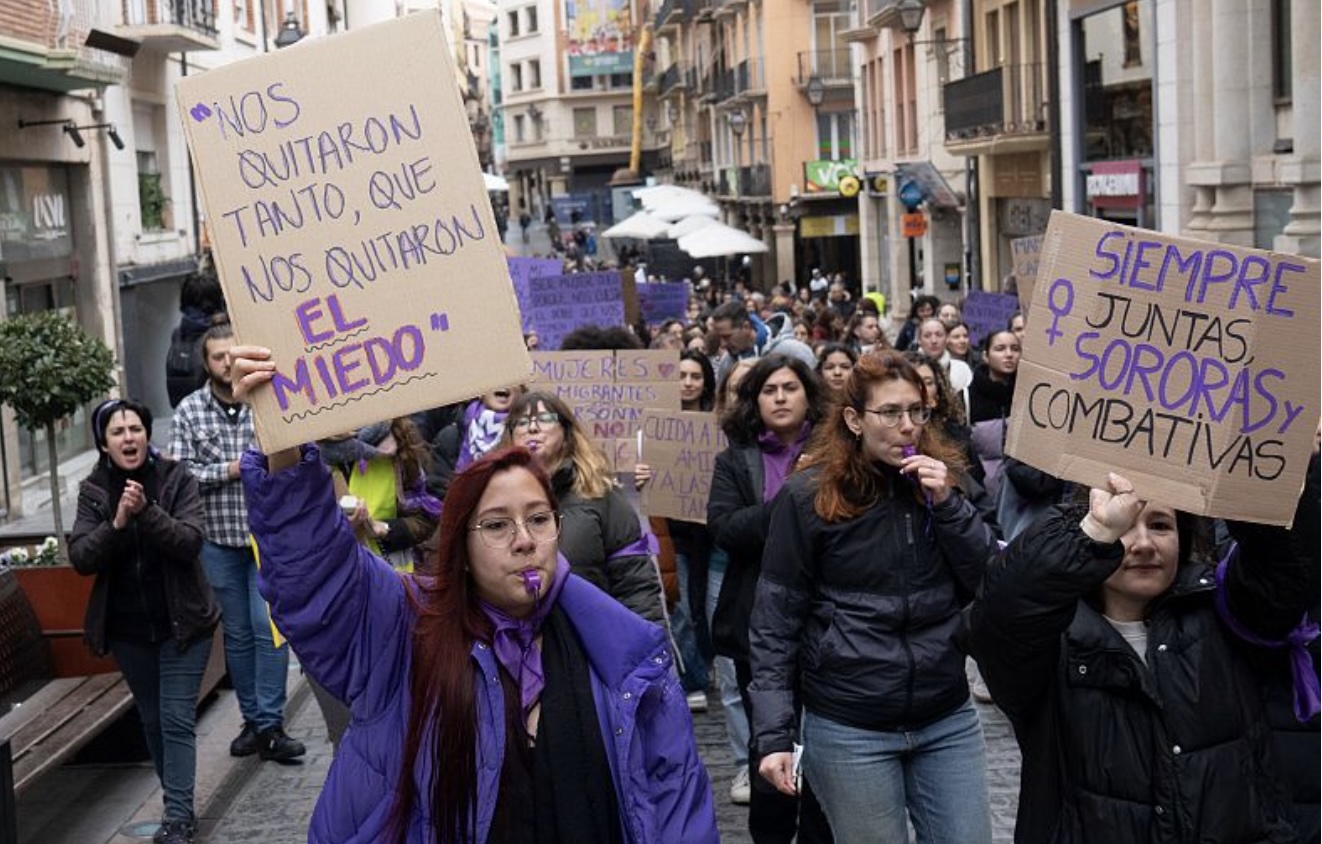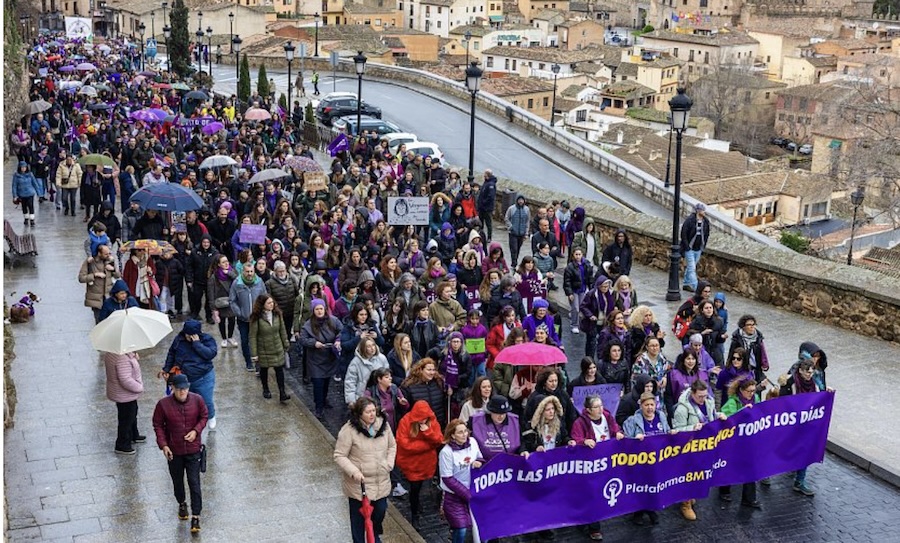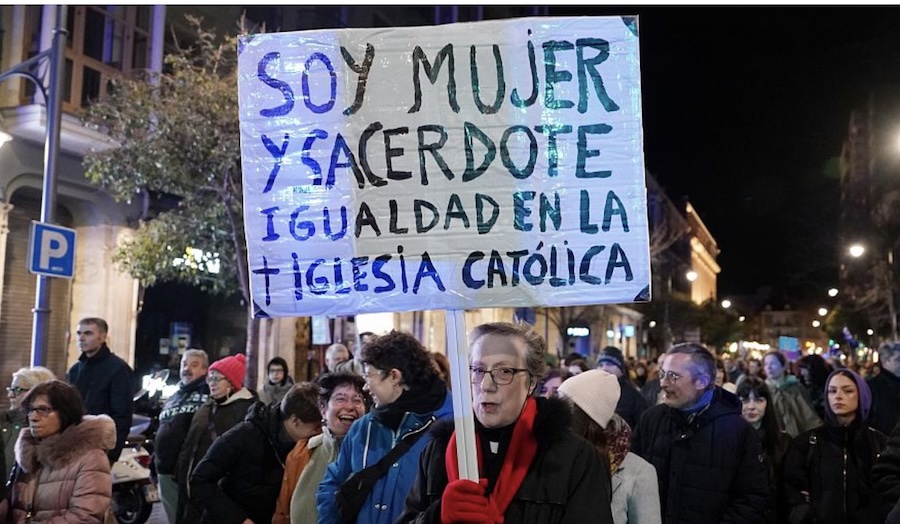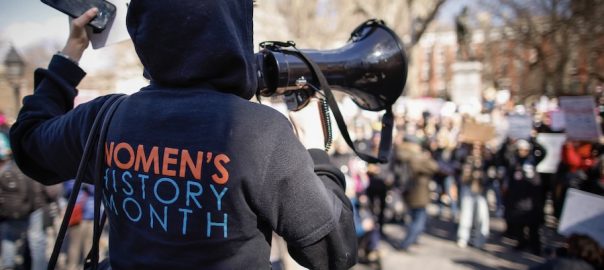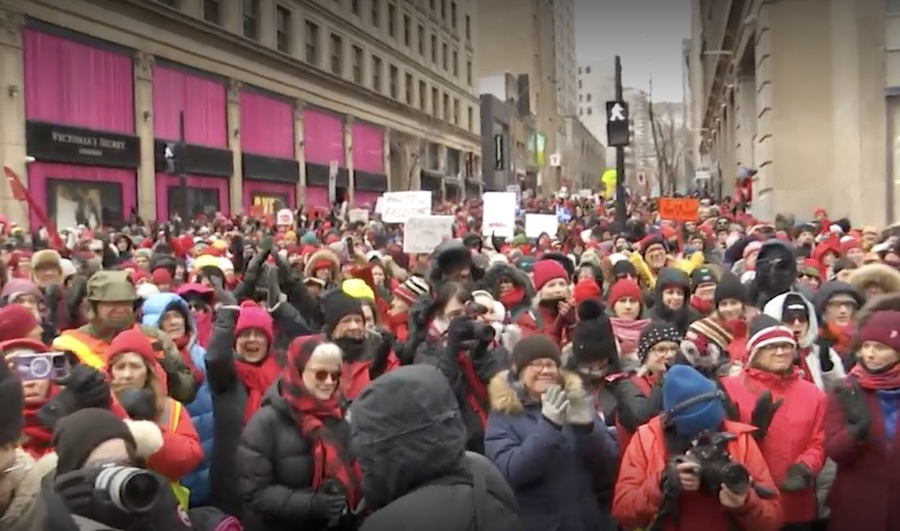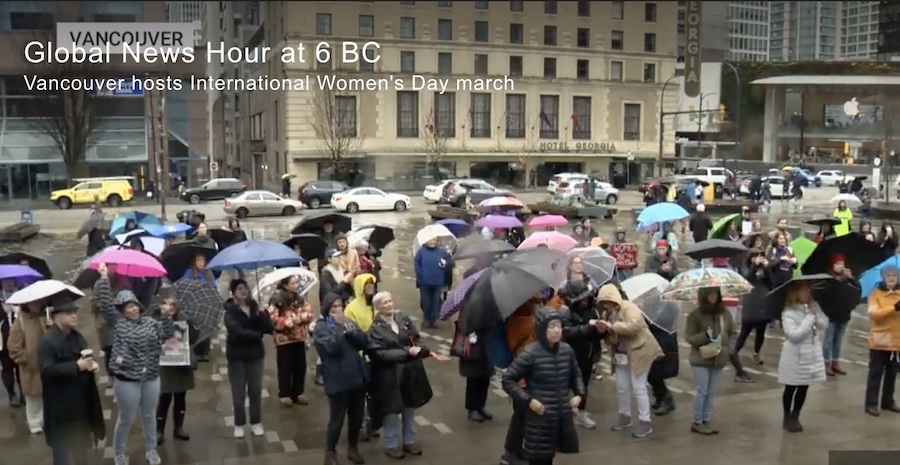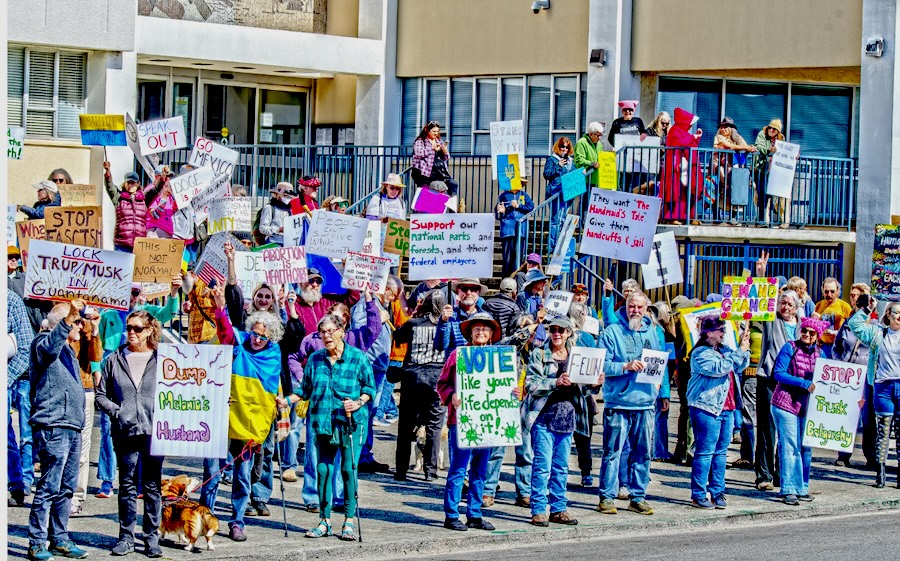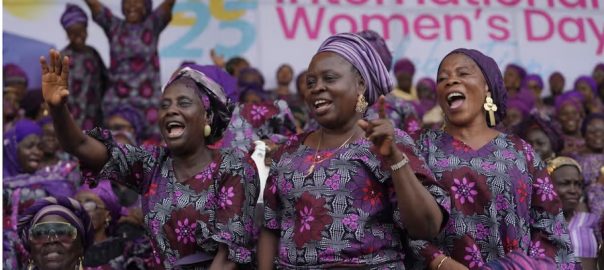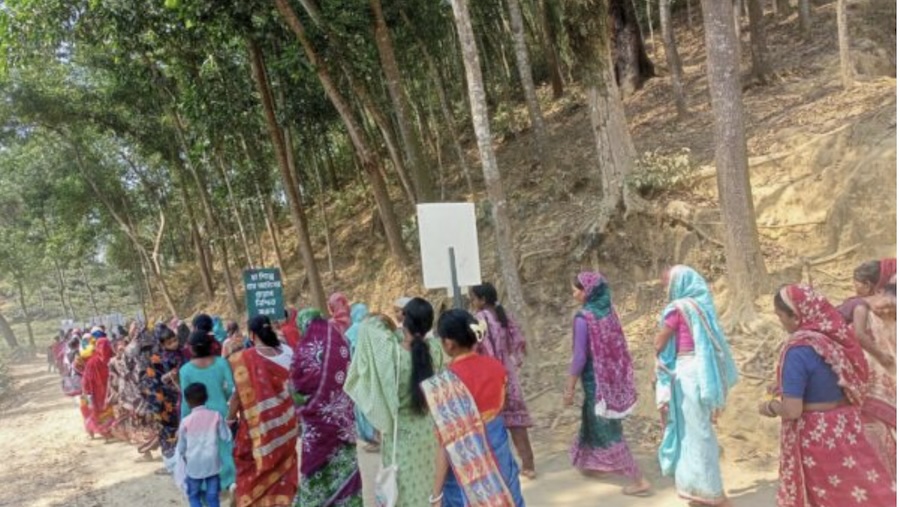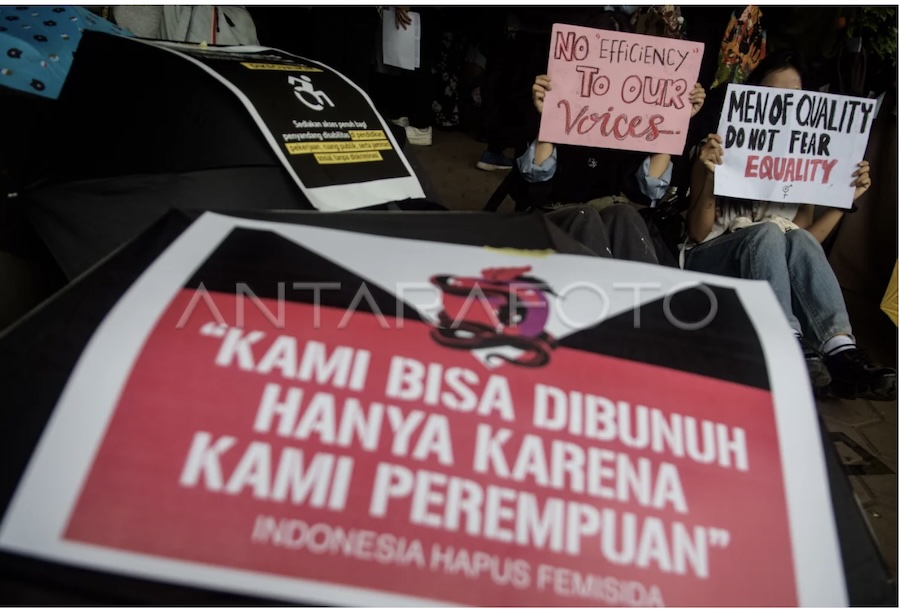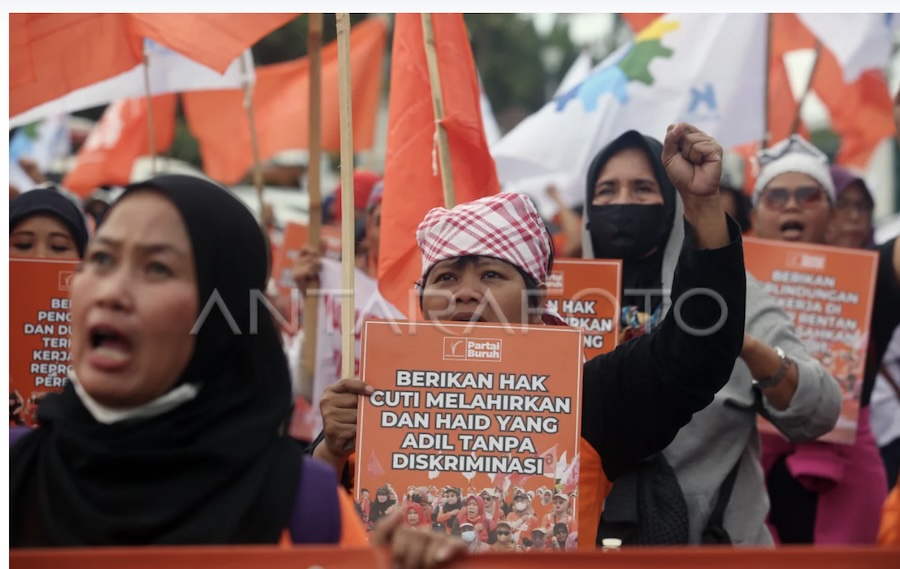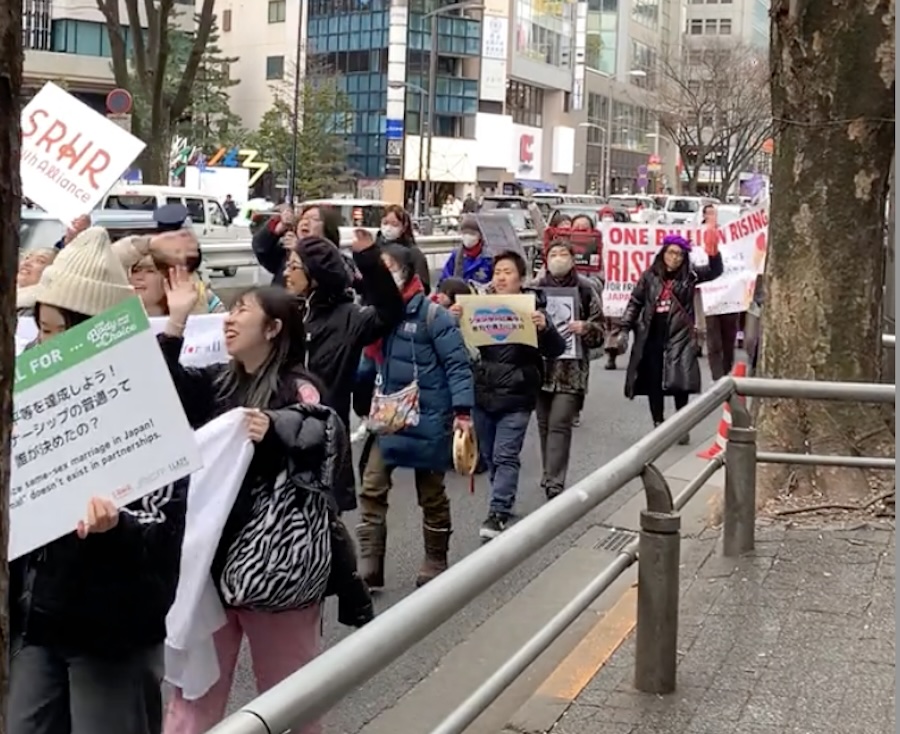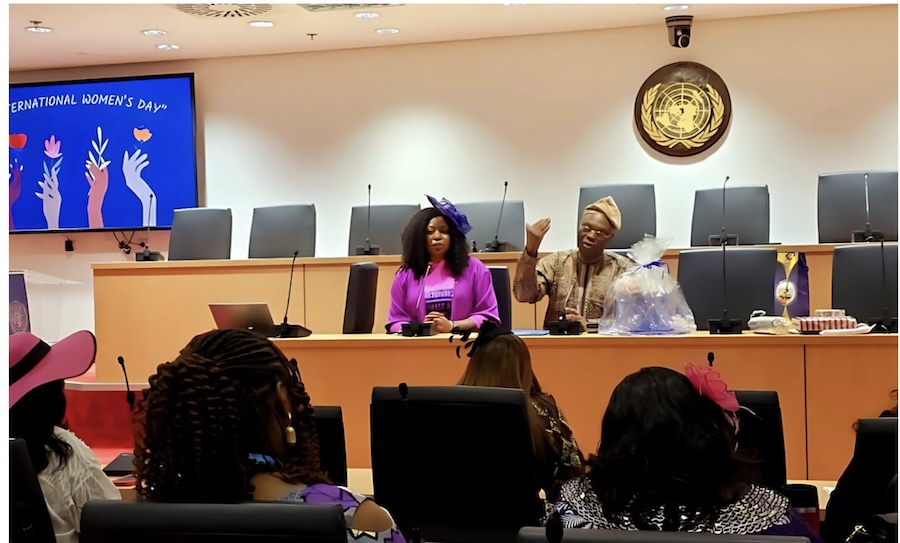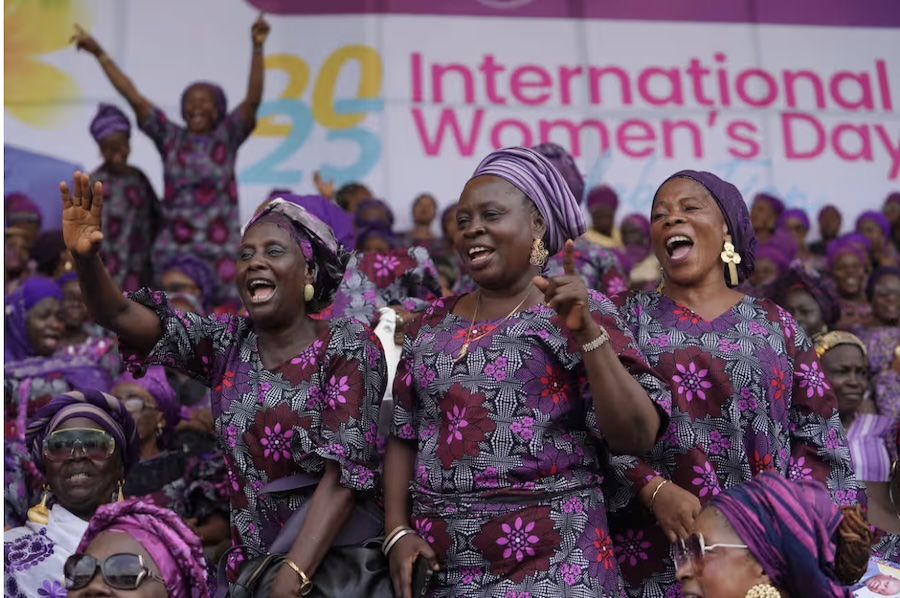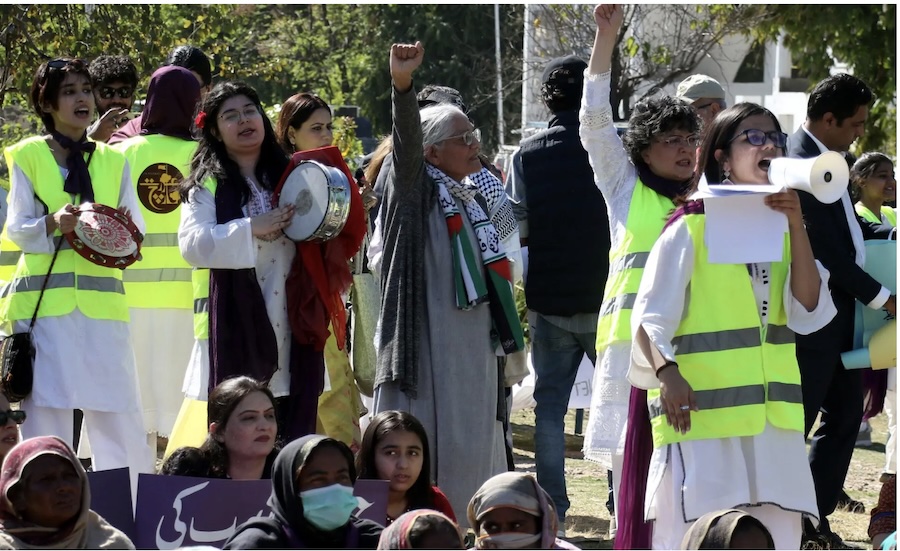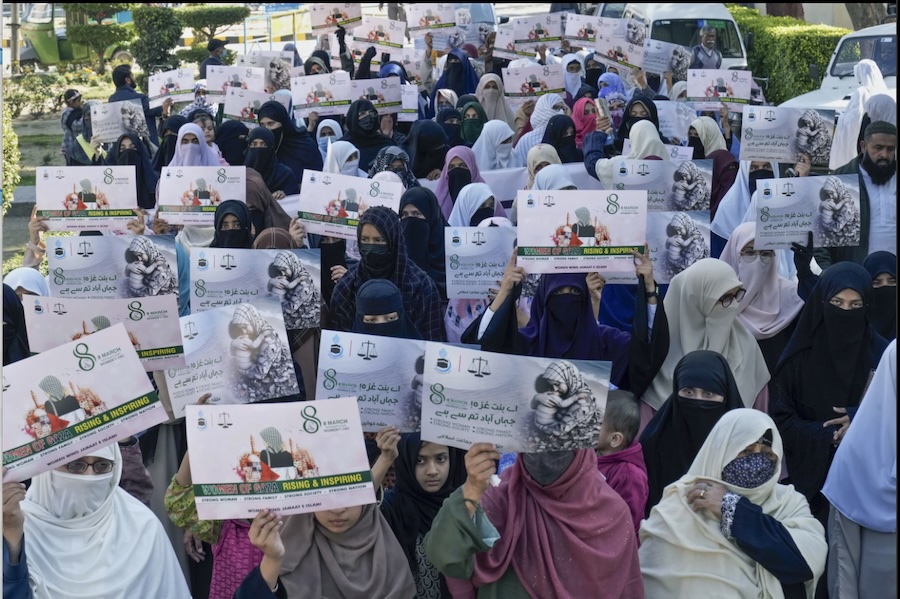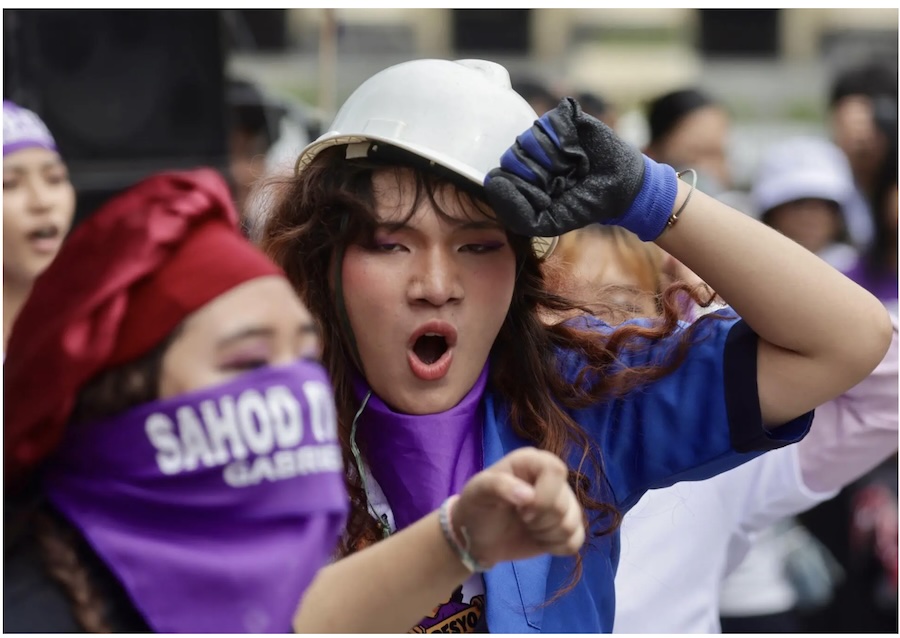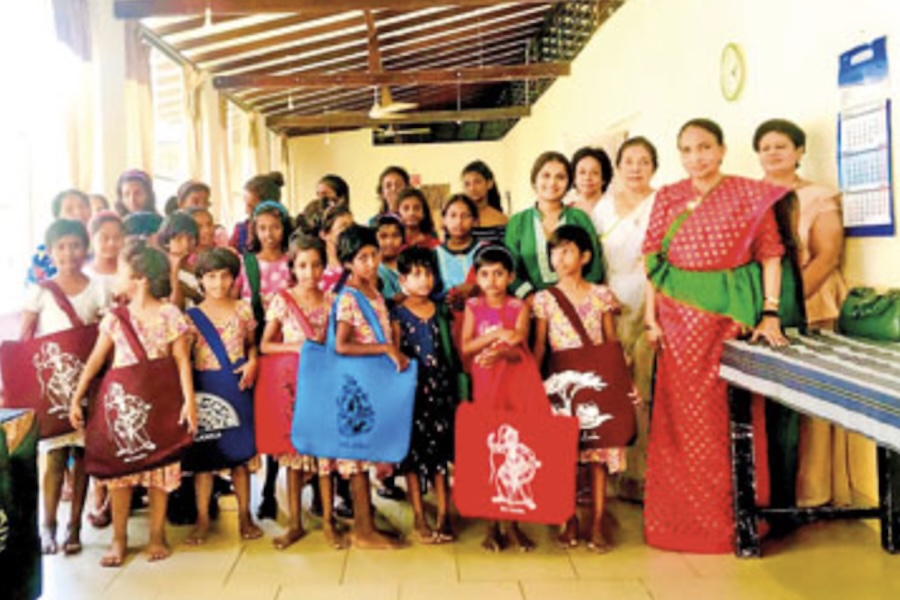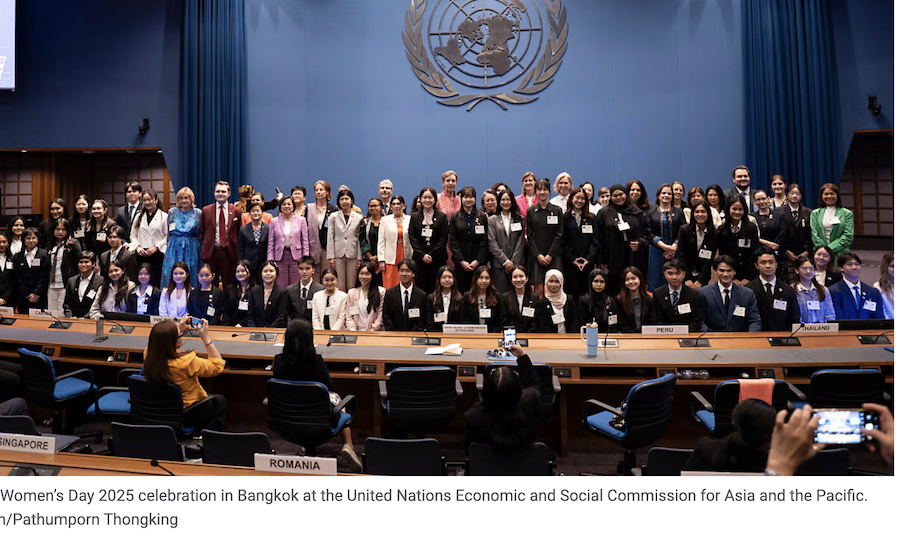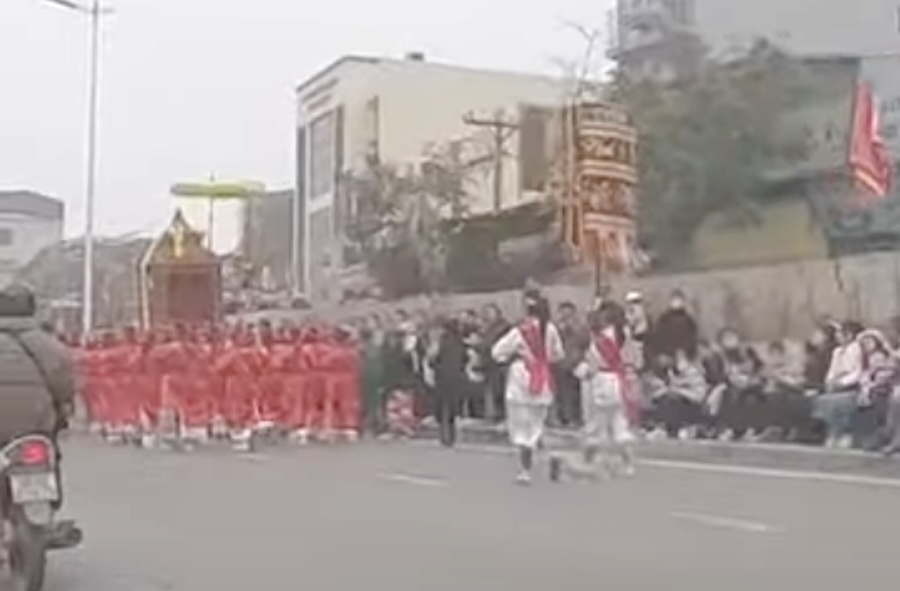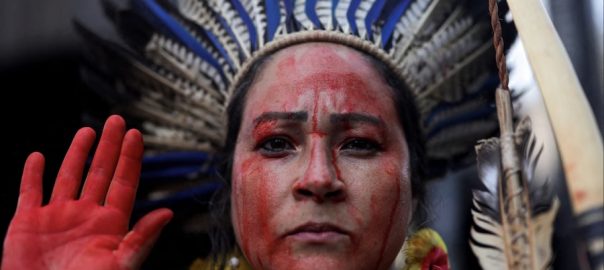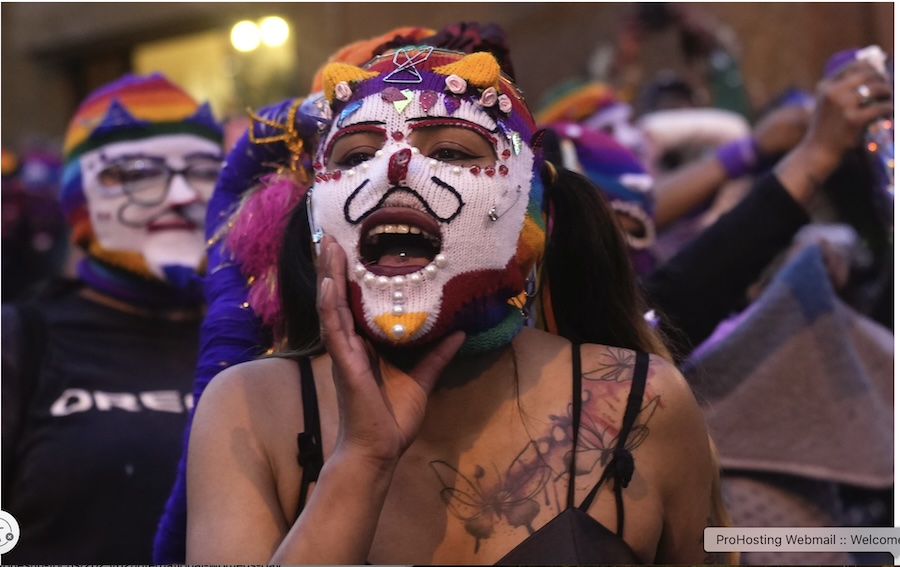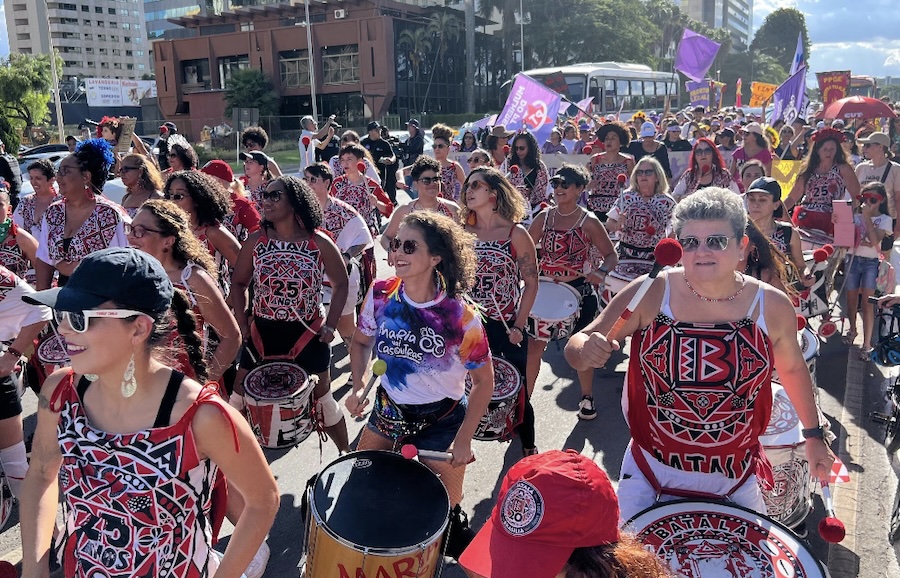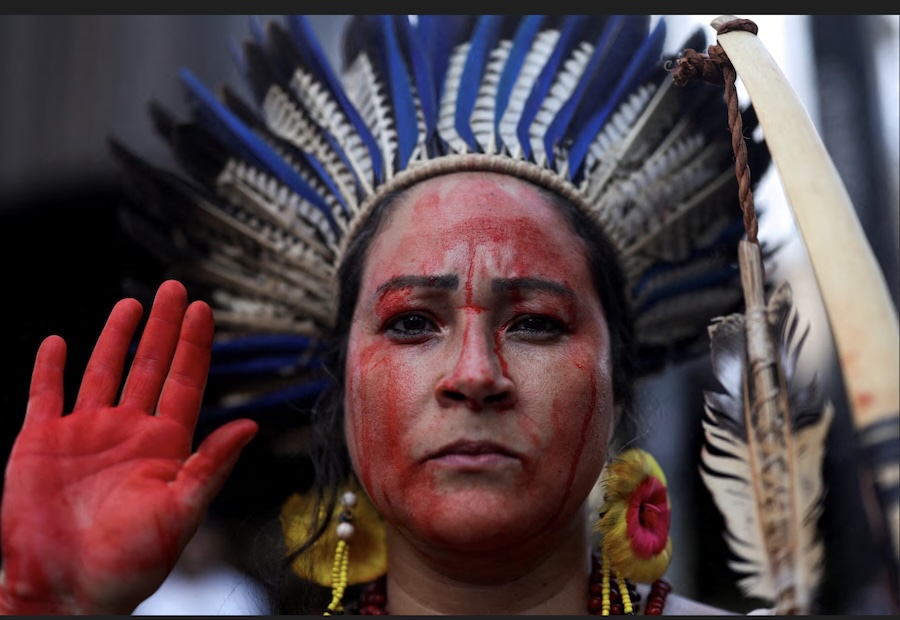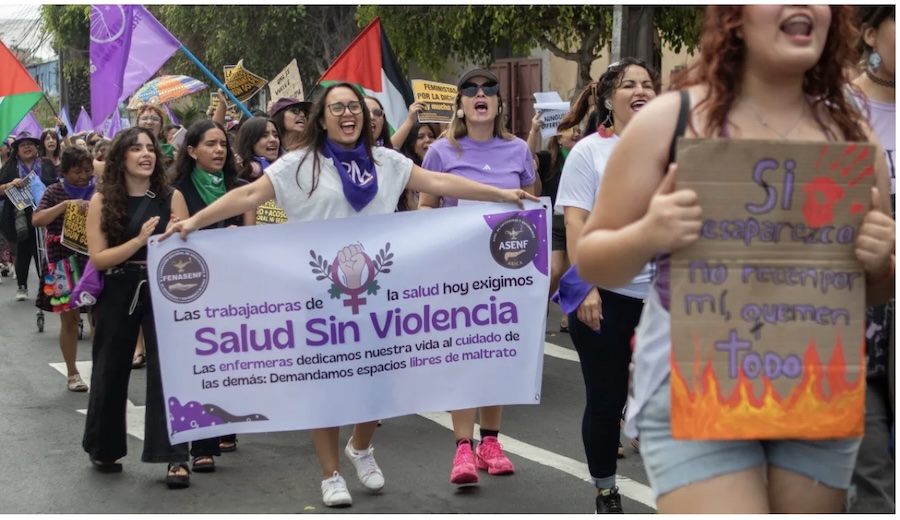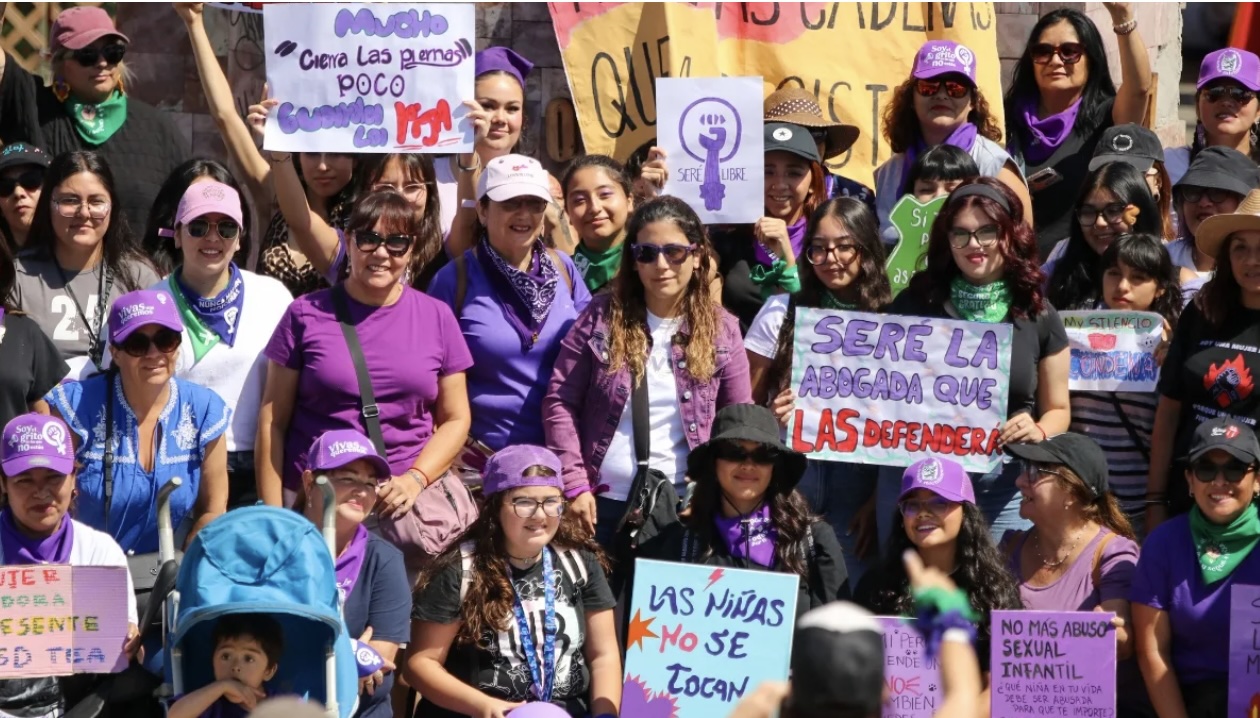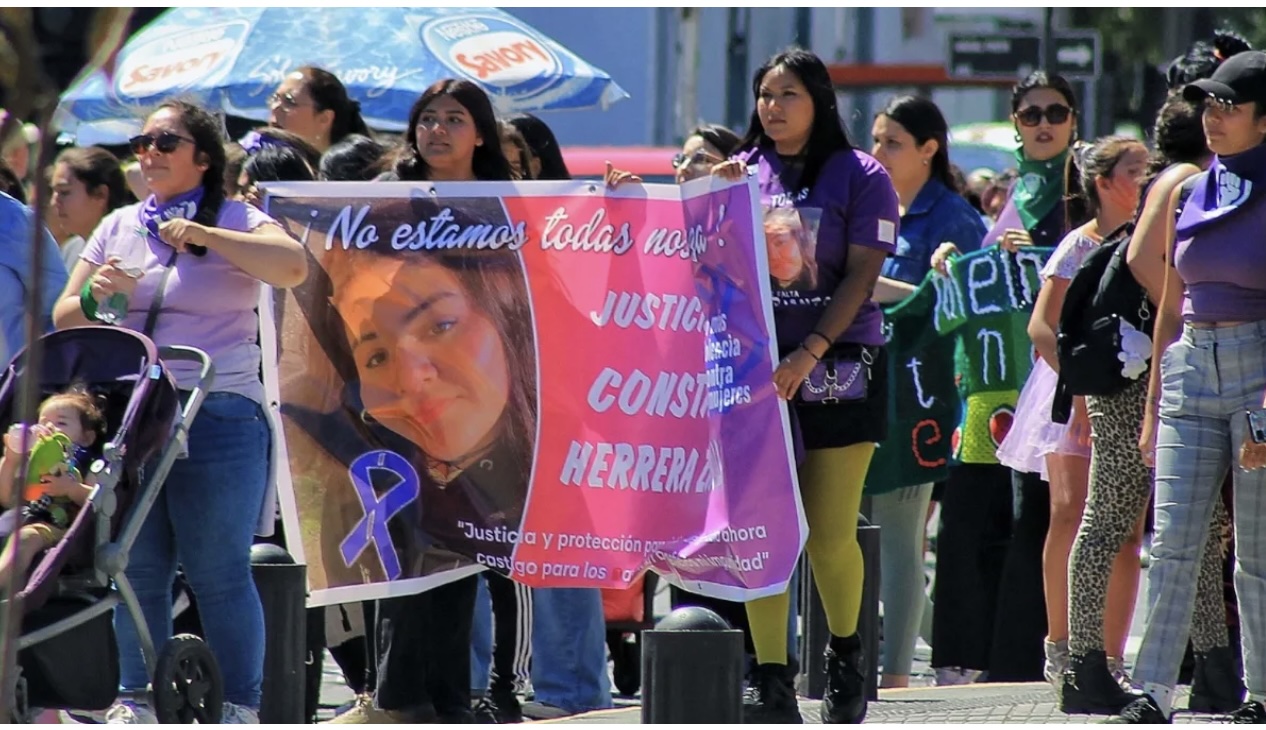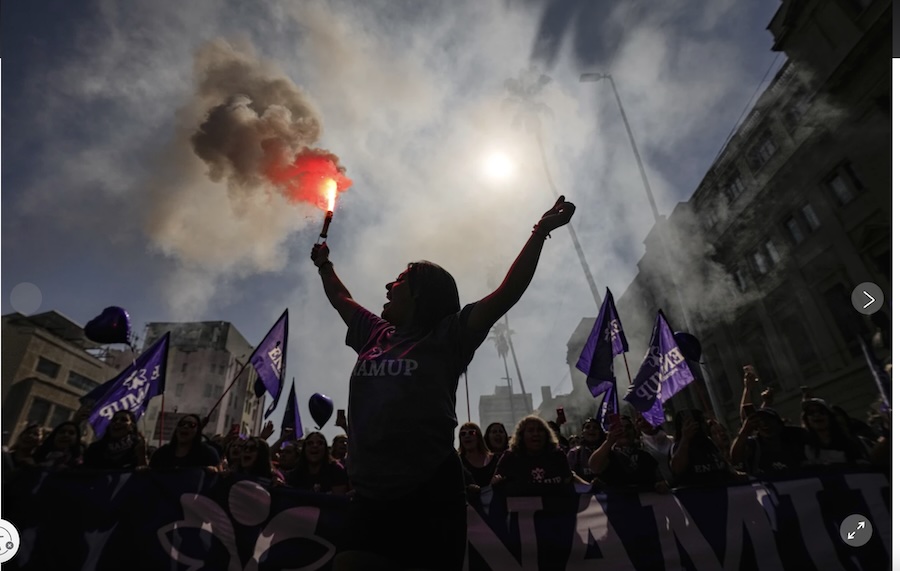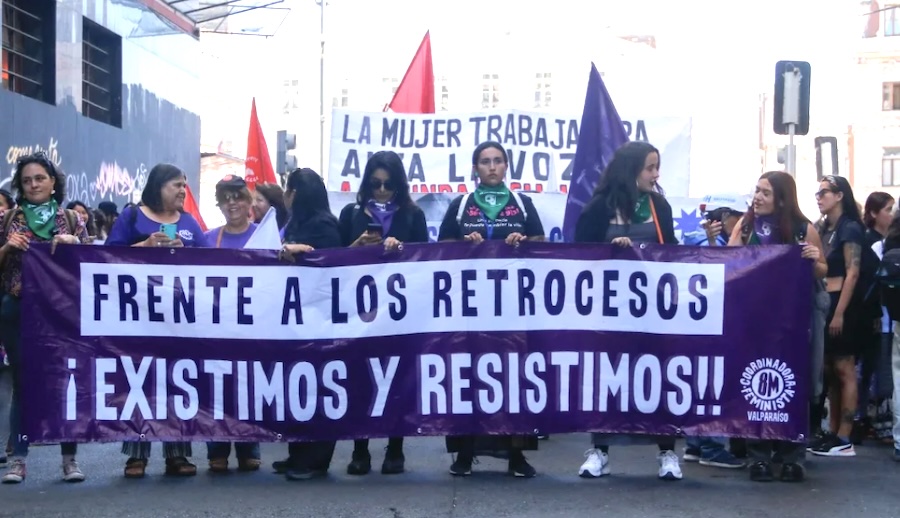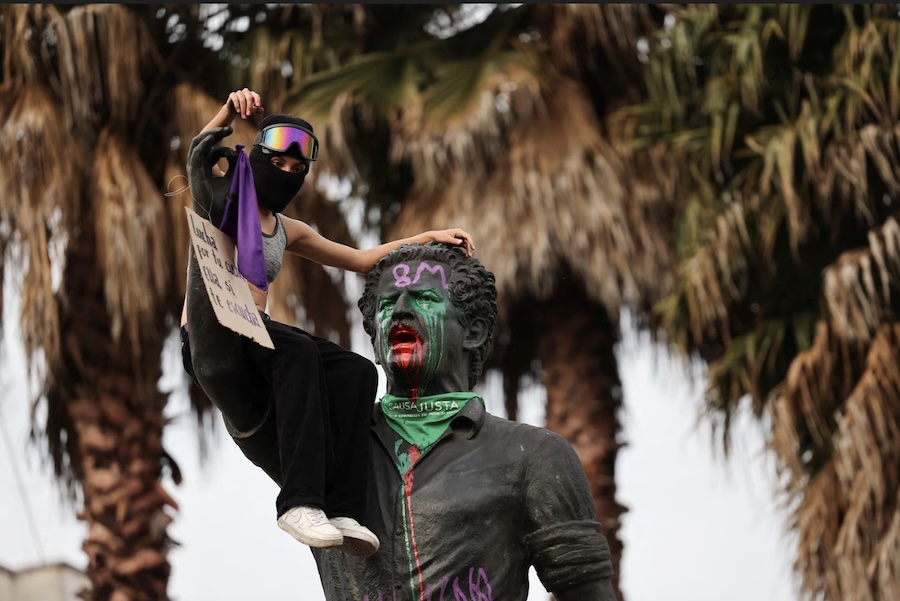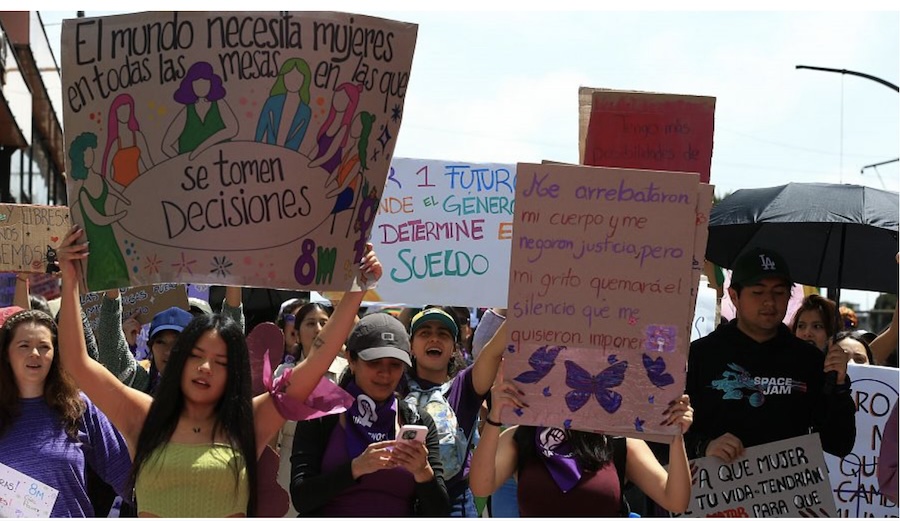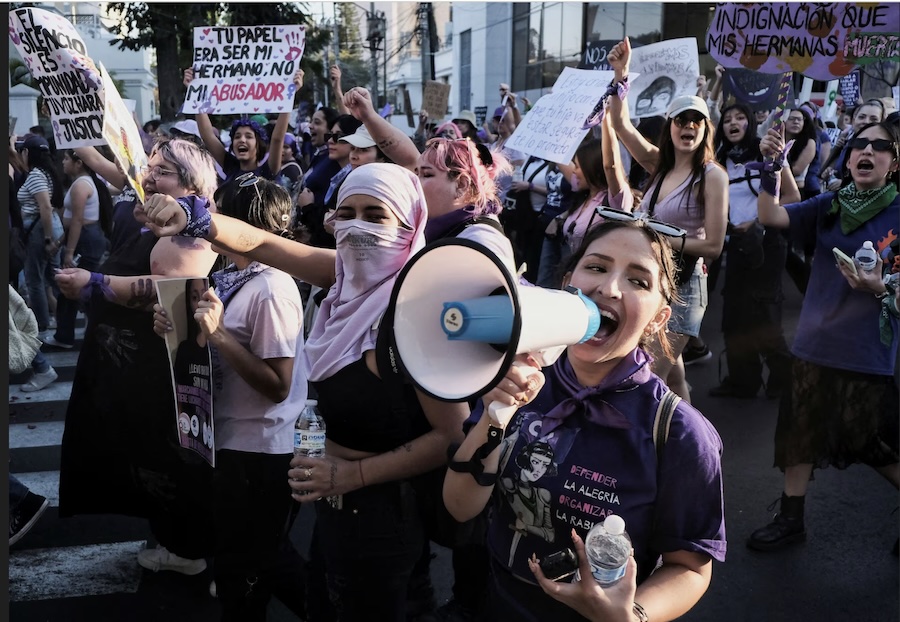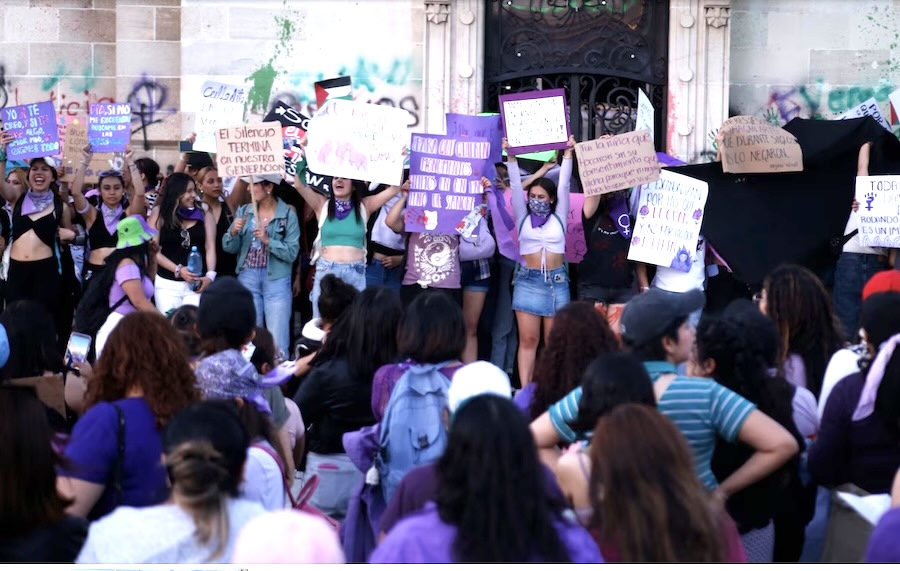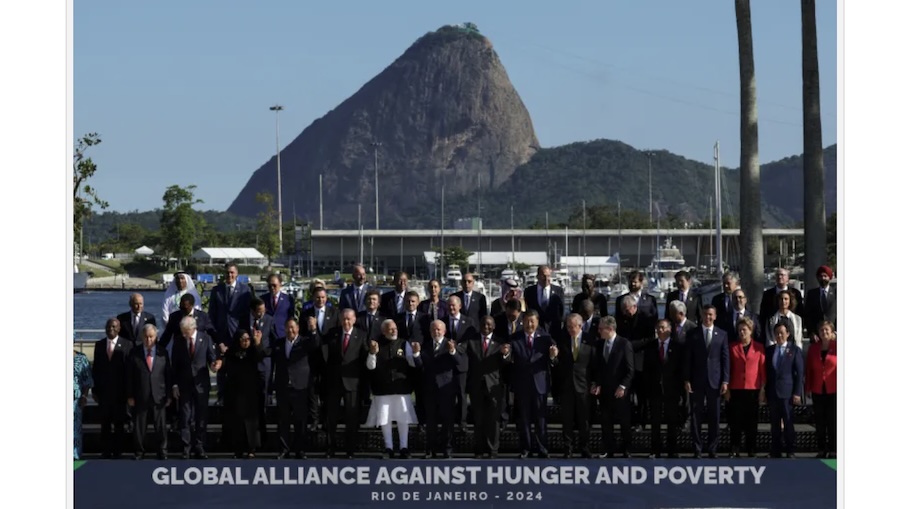. HUMAN RIGHTS .
An article by Erica Chenoweth, Jeremy Pressman, and Soha Hammam in Waging Nonviolence
“Where is the resistance?” is a common refrain. Our research affirms that resistance is alive and well.
Many underestimate resistance to the current Republican administration because they view resistance through a narrow lens. The 2017 Women’s March in particular — immediate in its response, massive in its scope and size — may inform collective imaginations about what the beginning of a resistance movement should look like during Trump 2.0.
In fact, our research shows that street protests today are far more numerous and frequent than skeptics might suggest. Although it is true that the reconfigured Peoples’ March of 2025 — held on Jan. 18 — saw lower turnout than the 2017 Women’s March, that date also saw the most protests in a single day for over a year. And since Jan. 22, we’ve seen more than twice as many street protests than took place during the same period eight years ago.
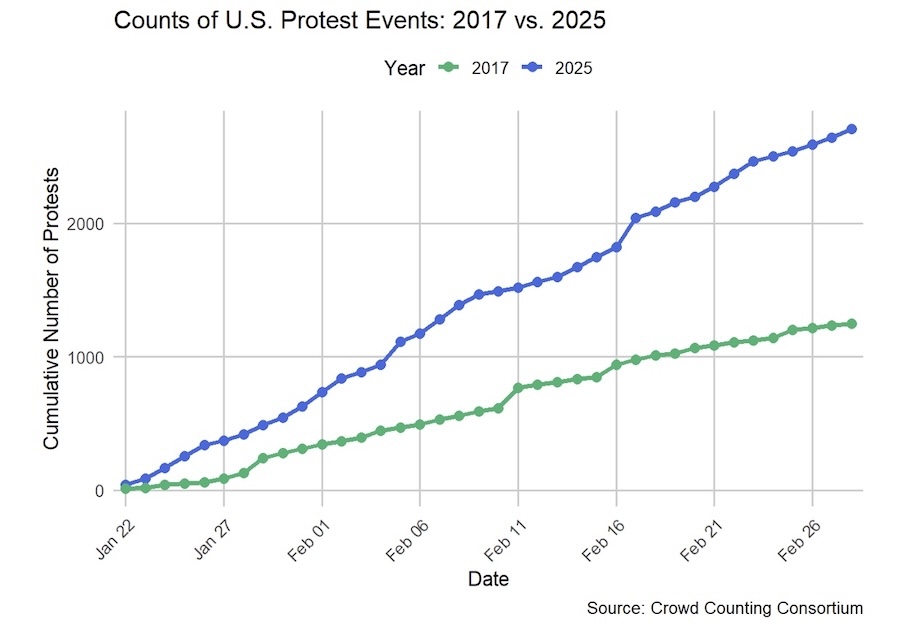
(Click on image to enlarge)
In February 2025 alone, we have already tallied over 2,085 protests, which included major protests in support of federal workers, LGBTQ rights, immigrant rights, Palestinian self-determination, Ukraine, and demonstrations against Tesla and Trump’s agenda more generally. This is compared with 937 protests in the United States in February 2017, which included major protests against the so-called Muslim ban along with other pro-immigrant and pro-choice protests. Coordinated days of protest such as March Fourth for Democracy (March 4), Stand Up for Science (March 7), rallies in recognition of International Women’s Day (March 8), and protests demanding the release of Palestinian activist Mahmoud Khalil suggest little likelihood of these actions slowing down. These are all occurring in the background of a tidal wave of lawsuits challenging the Trump administration’s early moves.
Historically, street protest and legal challenges are common avenues for popular opposition to governments, but economic noncooperation — such as strikes, boycotts and buycotts — is what often gets the goods. Individual participation is deliberately obscure, and targeted companies may have little interest in releasing internal data. Only the aggregate impacts are measurable — and in the case of Tesla, Target and other companies, the impacts so far have been measurable indeed.
Consider the protests against Tesla in response to Elon Musk firing federal workers and blocking federal funding. The multifaceted campaign has a quite specific goal: punish Tesla, Musk’s signature company. In addition to protests at Tesla showrooms and charging stations, people have also sold their Teslas. Others have called on mutual funds to divest from Tesla stock. The stock price has dropped significantly in the last month, perhaps in part due to Musk’s DOGE work.
This shift toward noncooperation over large-scale protests may be strategically wise. In 2017, many who attended Women’s Marches remained deeply engaged in civic activity, funneling into groups and coalitions like Indivisible, Swing Left, Run for Something, Fight Back Table and the like. People who aligned with Indivisible and groups like it were almost certainly responsible for saving the Affordable Care Act in 2017, largely through pressure on elected members of Congress. The MAGA faction had not yet consolidated control of the GOP, and within a year the “blue wave” flipped the House during the 2018 midterms. Under such conditions, protests and political pressure made a lot of strategic sense.
Those groups and others still remain active, but today’s political terrain may call for a more muscular movement strategy. The MAGA faction controls the GOP and enforces strict discipline among its members through fear and the threat of a well-funded Republican primary opponent in the next election. The Supreme Court majority is solidly on the right. Elected GOP officials are abandoning town halls and discouraging constituents from calling their offices. Street protests endure but are increasingly surveilled and high-risk, as the detention of Mahmoud Khalil suggests. Uncertainty about whether the Trump administration will ignore the First Amendment and weaponize the government to persecute political oppositionists looms large.
In the face of such changes, the public’s most powerful options are often withholding labor power and purchasing power. Calling in sick from work or school, refusing to buy and stay-at-home demonstrations are notoriously difficult to police. Last month, an inestimable number of people participated in such actions to highlight a Day Without Immigrants. The prominence of billionaires in the administration and populist anger toward them make this type of approach even more viable in today’s climate.
(Article continued in the right column)
Questions related to this article:
The struggle for human rights, is it gathering force in the USA?
(Article continued from the left column)
Indeed, the diversification of resistance methods puts the United States on a similar trajectory to many democracy movements of the past. In anti-authoritarian movements of the 20th century, economic noncooperation — more so than protest alone — was the coordinated activity that split elites and made way for democratic breakthroughs. In apartheid South Africa, it was the enormous economic pressure — through boycotts of white-owned businesses, general strikes, divestments and capital flight — that brought the white supremacist National Party to heel and elevated reformers who were willing to do business with Nelson Mandela and the ANC. In communist Poland, it was the ability of trade unionists to credibly call for general strikes (and credibly call off such strikes) that gave the Solidarity movement the leverage to negotiate a peaceful democratic transition. Gandhi’s noncooperation campaigns in India made the colony ungovernable by British colonial authorities.
And when the Nazis invaded and occupied Denmark in the 1940s, noncooperation was near-total. No one remembered how to run the railroad. Teachers had to leave school early to tend to their gardens. Factory workers slowed down or stopped production altogether. Danes obscured the identities of their Jewish neighbors, gave them temporary haven, and secured their passage through fishing boats to neutral territory, saving thousands of lives.
Similarly, in Czechoslovakia, six days after the Soviet invasion in 1968, the newspaper Vecerni Prah published “10 commandments,” writing: “When a Soviet soldier comes to you, YOU: 1. Don’t know 2. Don’t care 3. Don’t tell 4. Don’t have 5. Don’t know how to 6. Don’t give 7. Can’t do 8. Don’t sell 9. Don’t show 10. Do nothing.” These oppositional habits of thinking and practice, nurtured over two decades through underground popular schools, art, literature and outlawed news sources, ultimately paved the way for the Velvet Revolution.
Indeed, the United States has its own storied history of resisting authoritarianism through noncooperation. Pro-independence colonists living under the British crown organized campaigns to refuse to buy or consume British goods; refuse to abide by laws requiring colonists to export raw materials to Britain; refuse to serve on juries under crown-appointed judges; and develop alternative institutions including the Continental Congress itself. The Boston Tea Party was a defiant act of noncooperation — a refusal to import, consume or pay taxes on the crown’s tea. In 1815, John Adams wrote to Thomas Jefferson of his hope that historians would recall those acts of noncooperation — and not the war of independence — as “the revolution,” that “was in the minds of the people.”
Much later, during the civil rights movement, desegregation was first tangibly achieved in large part through noncooperation campaigns like the courageous school attendance by the Little Rock Nine, the Montgomery bus boycotts, the lunch counter sit-ins and boycotts of businesses in Nashville and elsewhere, strikes among sanitation workers in Memphis, and other acts of refusal to abide by the Jim Crow system of racial segregation. These took place in combination with marches and demonstrations that were powerful and dramatic displays of the moral power of the movement, and legal action that demanded the government abide by its own Constitution.
That Americans seem to be rediscovering the art, science and potency of noncooperation — combined with a robust protest capacity and legal action — shows that resistance against Trump’s agenda in America is not only alive and well. It is savvy, diversifying and probably just getting started.
– – –
Erica Chenoweth
Erica Chenoweth is a political scientist at Harvard Kennedy School and co-director of the Crowd Counting Consortium. Chenoweth is the author of “Civil Resistance: What Everyone Needs to Know” and co-author of “Why Civil Resistance Works: The Strategic Logic of Nonviolent Conflict.”
Jeremy Pressman
Jeremy Pressman is a professor of political science at the University of Connecticut and co-director of the Crowd Counting Consortium. His most recent book is “The Sword is Not Enough: Arabs, Israelis, and the Limits of Military Force.”
Soha Hammam
Soha Hammam is a postdoctoral research associate at Harvard Kennedy School’s Nonviolent Action Lab, where she researches political mobilization and law enforcement responses across the U.S. She was previously a Democracy Visiting Fellow at Harvard Kennedy School and a Peace Scholar Fellow at the United States Institute of Peace.
– – – – – –
If you wish to make a comment on this article, you may write to coordinator@cpnn-world.org with the title “Comment on (name of article)” and we will put your comment on line. Because of the flood of spam, we have discontinued the direct application of comments.
